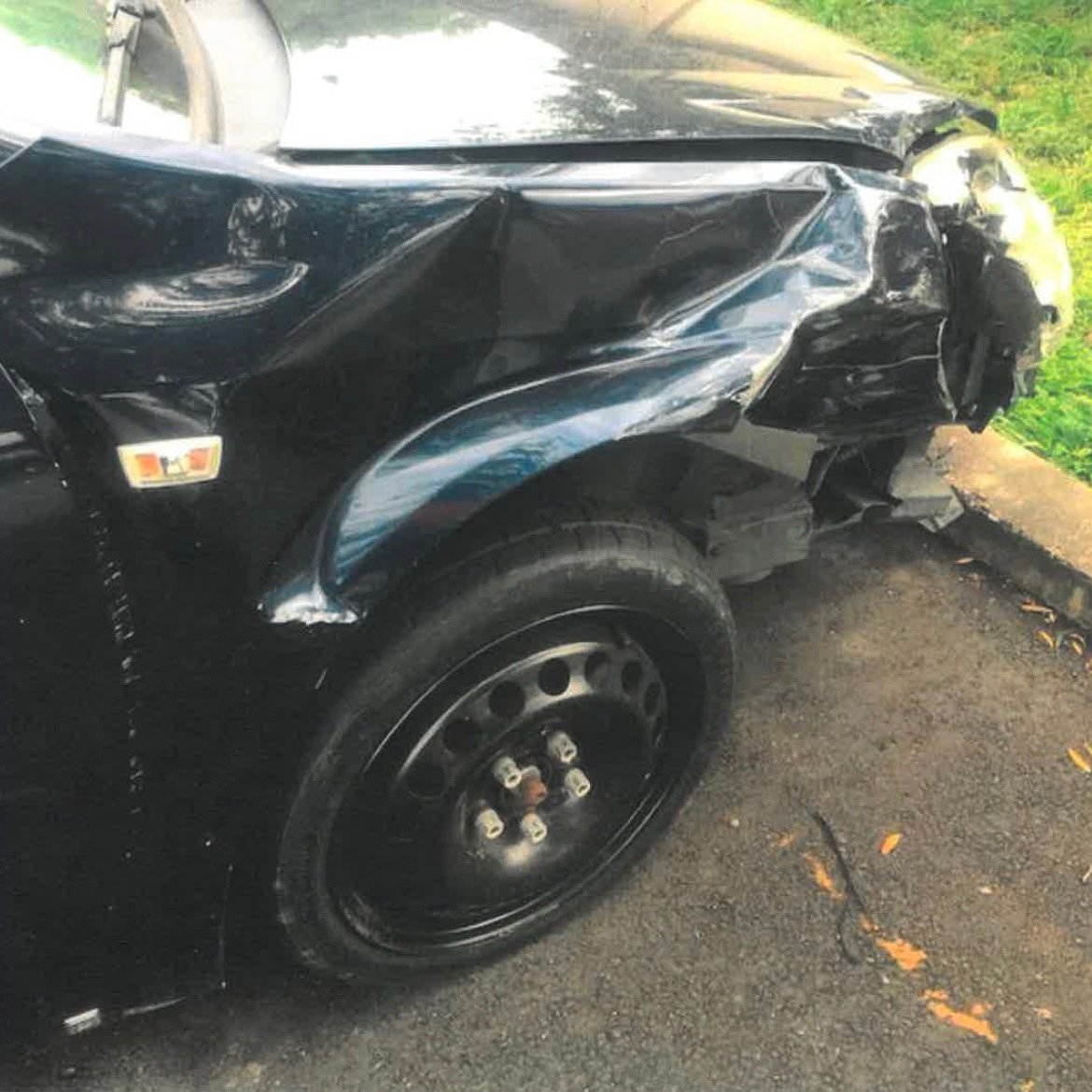Can I Receive a Property Damage Settlement If My Car Has a Title Loan?
Texas is one of the few states that allows auto title lenders to operate virtually unregulated. While title loans may offer a quick way for a car owner to secure funding for rent, utilities, or other necessities, they can complicate claims for property damage following a car wreck.
What is an Auto Title Loan?
Auto title loans are short-term, high-interest secured loans offered to borrowers without a credit check. These loans are popular because their approval depends primarily on the vehicle’s value, not the owner’s creditworthiness. With an auto title loan, an eligible car owner uses the equity in his or her vehicle to secure funding by offering the vehicle’s title as collateral. Upon approval, the owner gives the auto title to the lender, and the lender perfects its lien in the vehicle. The owner can continue using the vehicle while repaying the loan, and the lender gives back the title once the owner repays the loan and all associated fees.
What Property Damage Can I Recover After a Car Wreck?
Texas law allows crash victims to recover compensatory damages from the at-fault driver and the driver’s liability insurer after a collision. If the cost of repairs is relatively close to a vehicle’s market value, the liability carrier is likely to “total” the vehicle. Totaling a vehicle means the insurance company reimburses the owner for the car’s market value instead of paying for necessary repairs.
How Does an Auto Title Loan Affect a Property Damage Settlement?
A problem with auto title loans is that they can be deceptively expensive. Because title loan fees are very high, many car owners do not repay the principal and fees at the agreed-upon time. As a result, many owners pay additional fees—sometimes multiple times—to buy extra time to repay the initial loan. Unfortunately, these additional fees do not reduce the loan’s principal and only increase the amount of money the owner ultimately pays back to the lender.
Accordingly, a car owner’s balance on an auto title loan can approach or even exceed the vehicle’s value over time, posing a problem when a car owner tries to settle a claim for property damage. Suppose, for example, that a car owner’s vehicle is damaged in a car wreck, the owner has an outstanding title loan, and the liability carrier totals the vehicle. If the lender has perfected a lien on the vehicle, the lender has the contractual and statutory right to receive the balance on its loan before the owner receives a property damage settlement. Further, suppose that the balance on the title loan equals or exceeds the vehicle’s value. In that unfortunate case, the liability carrier is only obligated to pay off the title loan up to the vehicle’s market value, even though nothing is left for the owner to purchase a new vehicle.
Speak With an Experienced Accident Attorney After a Car Wreck
If a negligent driver has injured you or a loved one, you have enough things to worry about. Do not let dealing with the insurance company be one of them. We deal with the insurance company so you can focus on getting your life back to normal. You have one chance to do this; make the right choice by choosing the right attorney. Call us at (956) 291-7870 or email us at contact@rdjlawyer.com for a free consultation and case evaluation.

